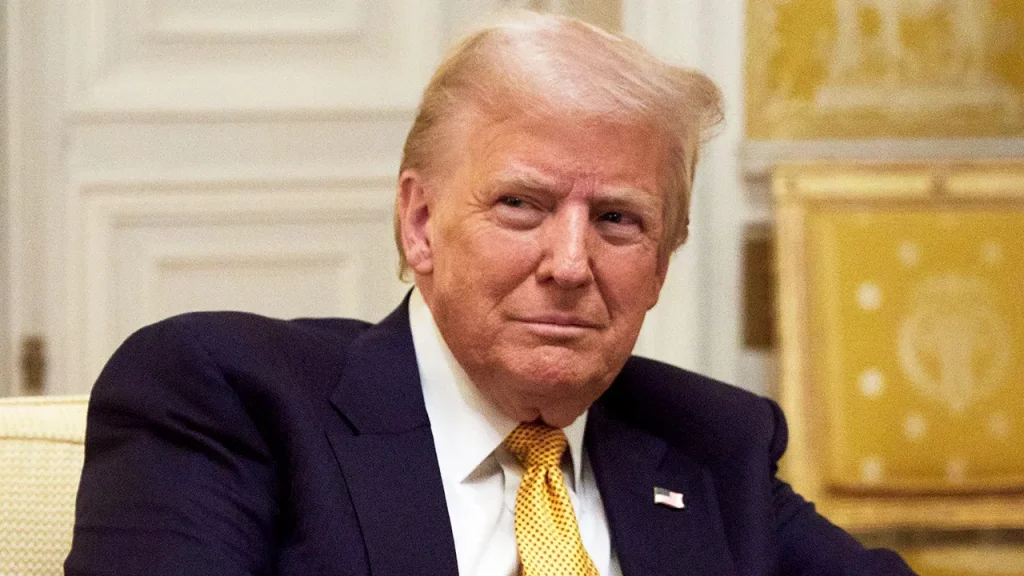The holiday season, traditionally a time for family gatherings and festive cheer, has become increasingly politicized in recent years, particularly in the wake of the Trump presidency. Certain segments of the liberal media have offered advice on navigating holiday gatherings with family members who hold differing political views, often suggesting strategies that range from setting strict boundaries to outright avoidance. These recommendations reflect a broader cultural trend of polarization and the challenges of maintaining relationships across political divides.
One of the more extreme suggestions put forth is the complete cancellation of holiday celebrations. This approach, advocated by some, stems from the belief that engaging in traditional holiday festivities with those who hold opposing political views constitutes a betrayal of one’s own values. The argument posits that sharing a meal or exchanging gifts with someone who supports policies perceived as harmful is tantamount to condoning those policies. This perspective highlights the deep emotional and moral weight attached to political beliefs in the current climate.
A less drastic, but still divisive, approach involves setting firm boundaries and controlling the conversation. This tactic includes preemptively stating that political discussions are off-limits and employing specific phrases to shut down any attempts to broach political topics. While proponents argue this strategy allows for a more peaceful holiday gathering, critics contend it creates a superficial atmosphere and avoids addressing underlying tensions. This approach reflects a desire to maintain familial relationships while simultaneously protecting oneself from potentially uncomfortable or upsetting conversations.
Another suggested strategy focuses on de-escalation and temporary withdrawal. If political discussions become heated, the advice is to calmly excuse oneself from the situation, taking a break to decompress and avoid further conflict. This approach prioritizes emotional regulation and self-care, recognizing that engaging in heated political debates with family members can be emotionally draining and ultimately unproductive. This tactic emphasizes individual well-being and the importance of prioritizing mental health during potentially stressful family gatherings.
A more radical approach advocated by some commentators involves completely cutting off contact with family members who hold differing political views. This recommendation stems from the belief that maintaining relationships with those who support harmful policies is not only emotionally taxing but also morally compromising. Proponents of this approach argue that prioritizing one’s values and mental health necessitates distancing oneself from individuals who pose a threat to those values. This perspective represents the extreme end of the spectrum and reflects the deep divisions that exist within families and communities.
These varied approaches to navigating holiday gatherings with politically diverse family members underscore the challenges of bridging political divides in an increasingly polarized society. While some prioritize maintaining familial ties, even with significant political differences, others believe that prioritizing one’s values and mental health requires setting firm boundaries or even severing ties. The debate over how to navigate these complex family dynamics reflects the broader societal struggle to find common ground and maintain relationships in an era of intense political polarization. The holiday season, with its emphasis on family and togetherness, serves as a microcosm of this larger societal challenge.

